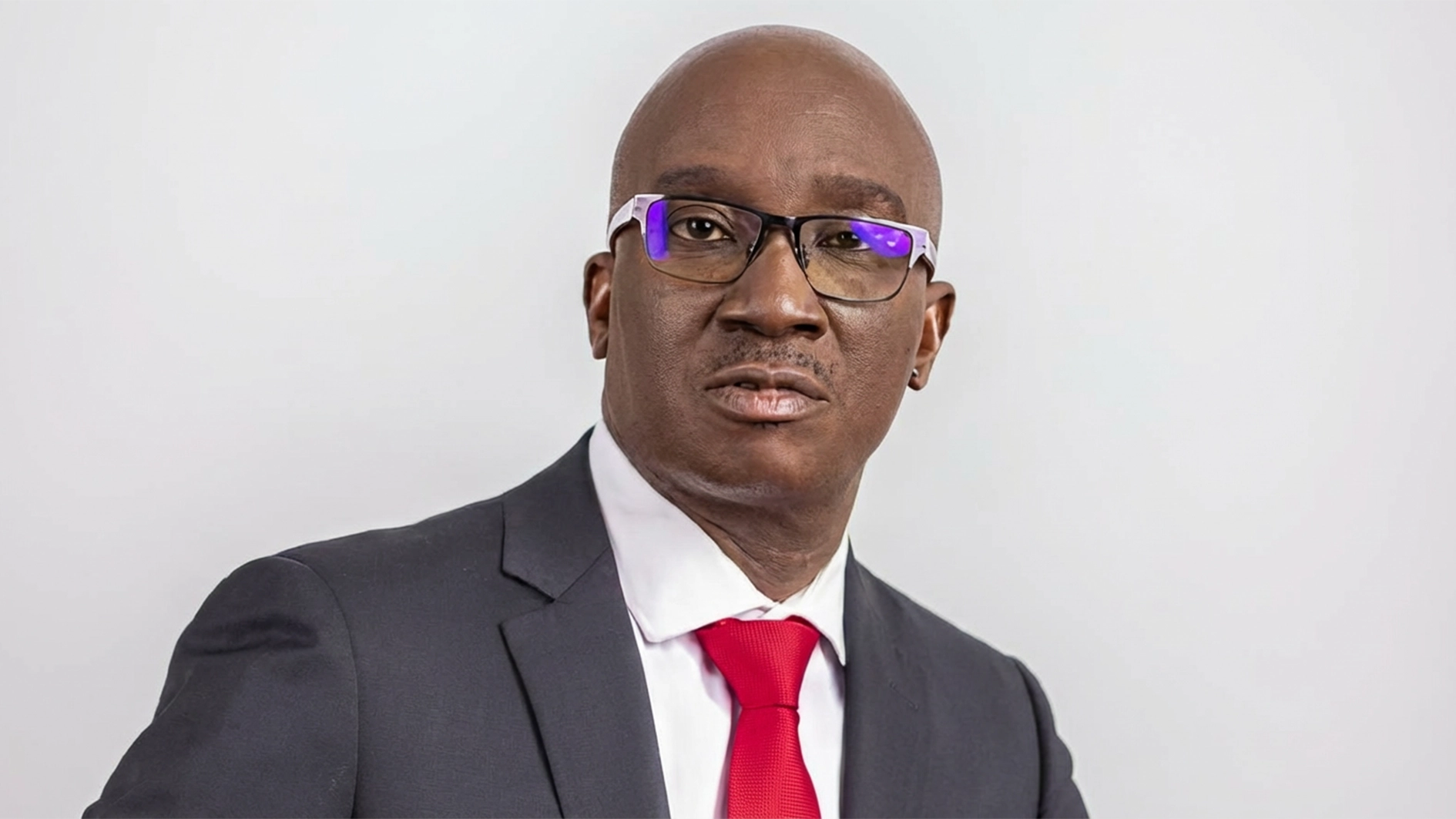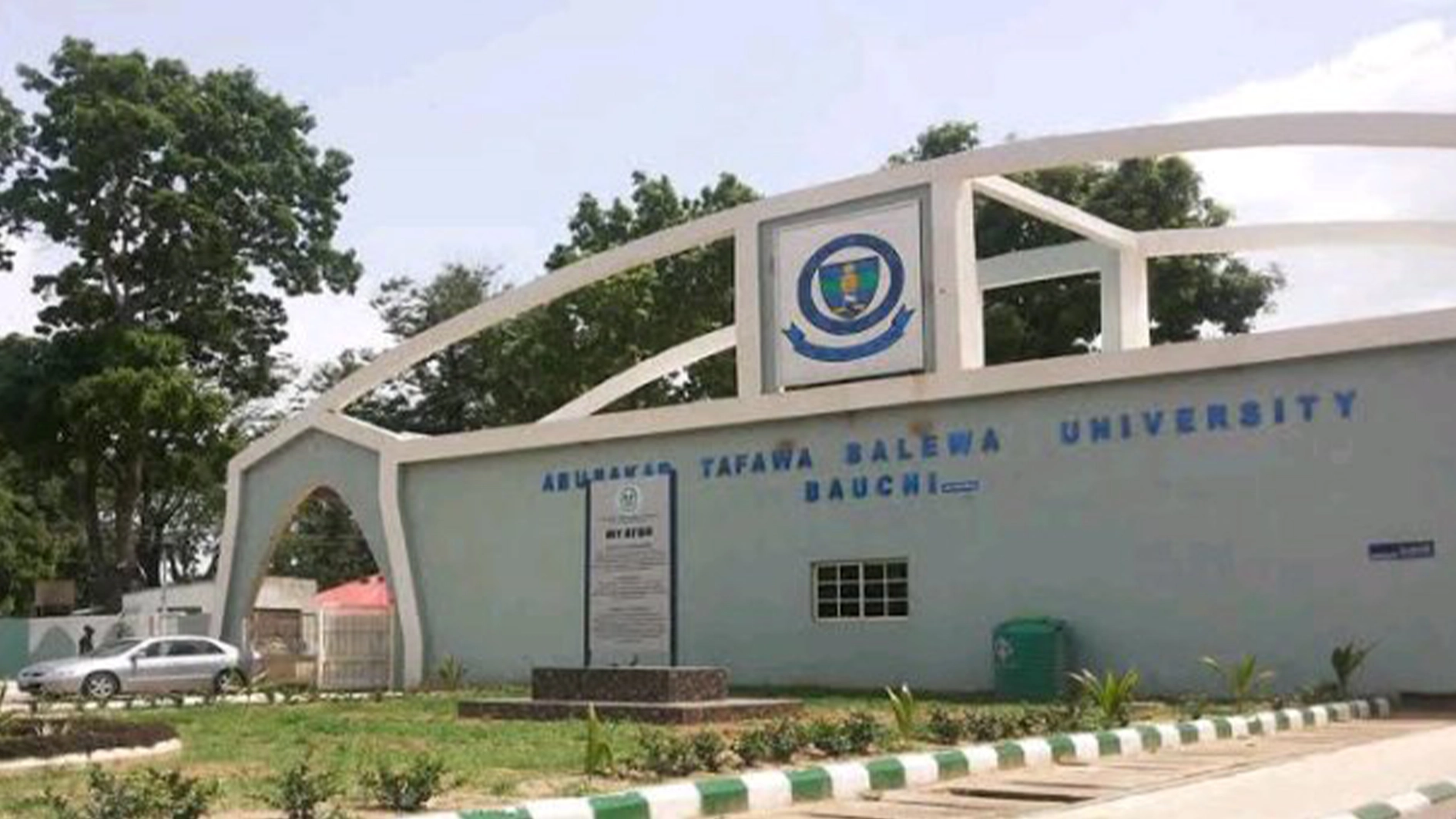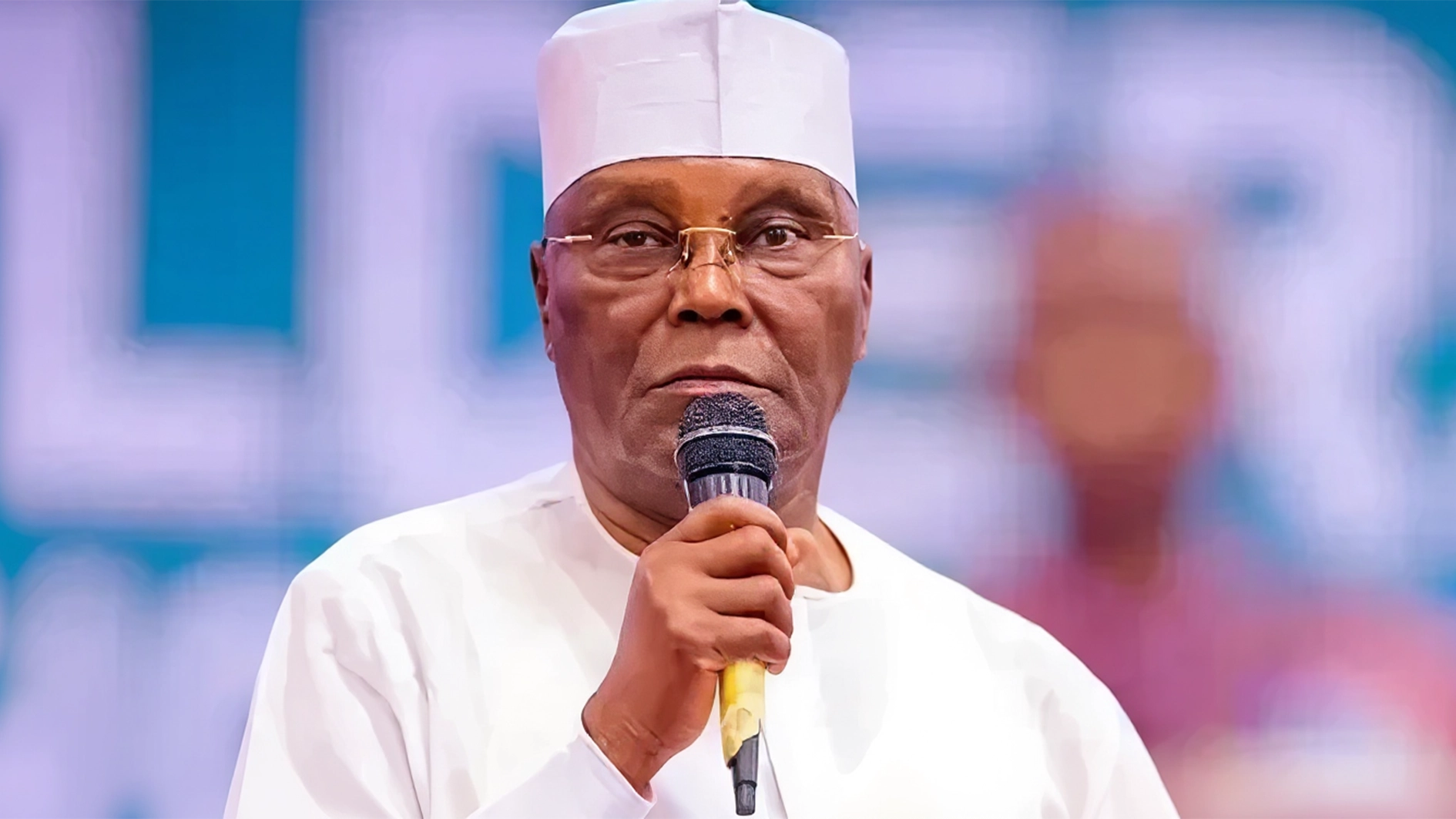
The appetite for higher education in the world’s most populous black nation, Nigeria, is huge. But existing infrastructure, policies and political realities are becoming obstacles for the hundreds of thousands of the country’s youths. In this report, Head, Education Desk, Iyabo Lawal, explores the intricacies of the admission policy and its effects on Nigeria’s future leaders.
It seems easier for a camel to pass through the eye of a needle than for secondary school leavers to gain admission into Nigeria’s higher institutions. To illustrate: only 30 per cent out of the 1.7 million candidates who wrote the Unified Tertiary Matriculation Examination (UTME) will be admitted in 2017.
Admission into tertiary institutions has always recorded drama that borders on the sublime and the ridiculous. More than ever before though the country will likely witness the highest number of aspiring undergraduates who are denied entry into these institutions because of the country’s failure to adequately address basic perennial issues that have plagued tertiary education for decades.
For instance, for this year’s admission exercise, of the 199,500 candidates who sat for post UTME in seven institutions, only 28,900 will be offered admission.
The universities cited lack of infrastructure, teaching and learning tools to cater for the large number of students.
Investigations on some of the institutions revealed that each them is not willing to admit more than 3, 500 students or even less. At the University of Ibadan (UI) for instance, of the 62,000 candidates that applied for the post UTME, only 3,500 candidates would be employed.
At the University of Benin, of the 30,000 candidates, the institution only has 10,000 carrying capacity. While 25,000 candidates sat for the post UTME examination at the Lagos State University (LASU), the institution can only take 3,500 candidates. Similarly, at the Federal University of Technology (FUTA), of the 13,500 candidates, only 3,500 candidates will be offered admission.
In separate reactions on the post UTME exams, the institutions maintained that the number of eligible candidates is more than the spaces available. They cited inadequate funding from successive governments and deplorable infrastructure as some of the factors responsible for the current admission crisis.
It is little wonder then that, again, a couple of weeks ago, the Senate began moves to scrap the Post-UTME as it mandated the Committee on Tertiary Education to meet with relevant stakeholders, especially the Joint Admission and Matriculation Board (JAMB) to come up with recommendations on how to achieve the set goal.
According to the Senate, the move has become imperative because the introduction of the post–UTME has failed to remedy the problems associated with JAMB and that its existence poses more challenges for tertiary education.
The Senate has also called for the development of a strategy that would ensure the efficiency and integrity in the conduct of the examination.
“Further aware as scores of successful JAMB candidates turned out ill-equipped for university education, the Federal Government, in 2005, under the leadership of President Olusegun Obasanjo, introduced the policy of Post-UME screening by universities which made it compulsory for tertiary institutions to screen candidates after JAMB results and before offering admission.”
While that policy was aimed at addressing the problem of student quality, it reintroduced and entrenched many of the problems it sought to eliminate through. It is also evident that the policy meant to be a remedy to the decay in higher institutions of learning became an avenue of extorting prospective.
“Disturbed that as the integrity of the post-UME is open to question as the pecuniary motive of the respective institutions comes to the fore, that there is little pretence about maximizing the income flows through these internal examinations,” the senator added.
Several stakeholders in the tertiary education sector have proffered various ways of dealing with the menace of admission policy that leaves thousands of prospective students in anguish, spending more years at home before gaining entry into higher institutions.
Analysts noted that because of the preference for university education pressure is put on the nation’s public and private universities –prompting an admission crisis, with at least 70 per cent those seeking admission unable to realise their dreams.
They further noted that such reality usually result in universities’ exceeding admission quotas. The bigger problem is that some of these unfulfilled students vent their frustration by engaging in illicit conduct like prostitution, drug abuse, robbery, and even kidnapping.
A few, who could, turn to other countries in the west of Africa to realise their dreams of higher learning.
To address the situation some experts have called for more tertiary institutions to be built, existing ones to be provided with necessary human and material infrastructure. The Federal Government is also encouraged to make the National Open University of Nigeria (NOUN) more attractive and inventive in admitting more candidates.
It is commendable that the government is using the Tertiary Education Trust Fund to achieve that but the budgetary allocations to education over the years have been appalling. The 2018 budget is no exception with the Minister of Education, Adamu Adamu, lamenting before President Muhammadu Buhari at the latest education retreat that the money allocated to the education ministry is too small.
Following a liberalisation policy adopted by the Federal Government on establishment of private universities, more institutions set up under the arrangement brought some measure of relief, but these schools are beyond the reach of the common man.
In response to the growing number of candidates seeking admission into tertiary institutions in the country, agents of foreign universities have been invading secondary schools to lure final-year students into seeking admission outside the shores of Nigeria.
Nigeria’s tertiary education standard is worrisome, so are the graduates the institutions churn out. Yet, there is a growing army of admission seekers whose desire for higher education remains largely unmet.
Some experts have recommended Massive Open Online Courses (MOOC) as a way of solving the perennial problem – it is an avenue whereby all universities can provide online courses for those who want to acquire higher learning. Many of the courses taught in the institutions can be accommodated on that platform.
“The products of MOOCs won’t be any different from today’s graduates. In fact, those who study through this scheme are likely to be better rounded, as each student would have more freedom to learn on their own and not be harassed by vindictive “lecturers”. And since their degree certificates would be awarded by the same old universities, they would be equally prestigious.
“If every Nigerian tertiary institution were to run MOOCs, it would be possible to admit all candidates that pass the UTME and the WASSCE/NECO each year. Thus flooded with candidates, even private universities would lower their fees. JAMB’s load would become lighter,” one public analyst argued.
Experts note with regret that many of the nation’s educational policy makers do not have their children studying in public higher institutions – an apparent display of lack of faith in the system.
According to the NUC Executive Secretary, Prof Abubakar Rasheed, there is no solution to admission crisis in the country’s universities.
He stated this at a public hearing organized by the Senate Committee on Tertiary Institutions and TETFund, on regulatory conflict between JAMB and universities.
In a grim picture that he painted, out of the 1.9 million candidates who sat for JAMB examination annually, only about half a million could be admitted.
Rasheed argued about the necessity of post-UTME, “It is not about making money for the universities. If you don’t do it, you just want to cause chaos in the system. JAMB is an excellent guide but you cannot rely on it 100 per cent. There is the need to further examine the candidates for objectivity and to make the entire system credible.”
The JAMB Registrar, Professor Ishaq Oloyede, on his own part observed that there is no regulatory conflict between JAMB and the universities – pointing out that the post- UTME is not peculiar to Nigeria.
He, however, did not agree with the figure being bandied around.
Oloyede added, “It is not true that we have 1.7 million candidates that are ready to go into the Nigerian university system.. Of the 1.7 million that took the exam I can say conveniently that not more than 30 per cent of them are prepared for admission. They are just trying. They do not have the five O’level results required to go into the university.
“Secondly, let me also let us realise that 10 per cent of the 1.7 million that we see or 1.9 as the case may be, they are not what can be categorised as belonging to the net enrolment ratio for entering tertiary education. They belong to the gross enrolment ratio. Eighty per cent of candidates sitting at the point of sitting do not have O’ level results at all. They are awaiting results. So, when we are building our theories and analysis, we need to be very cautious.
Does that mean there is no admission crisis in the country?
For Prof R. A. Ipinyomi of University of Ilorin, “The so called admission crisis into Nigerian Universities in the current era are mostly self inflicting.’
According to him, “The crises are results of lack of planning, public misunderstanding of the nation’s education policy, politicians undisclosed interests, and applicants failure to know their abilities.
“I have often warned parents and prospective students to pursue a university education rather than a university course. It suffices to get any university degrees for anyone to be very successful in life. You don’t have to read a special course to be the president of Nigeria, a Senator, State Governors, a Dangote, or Bill Gates of this world. If parents and their children are properly counselled and they are able to accept our counsel, there will be only few crises. We have been exposed to students’ plights, patents’ desires and limitations, governments’ easy pronouncements and inabilities, NUC so called carrying capacity and a respective university actual carrying capacity, unqualified university administrators at the helm of affairs and very prudent others, government wastages in the form of contracts awards to frivolous items and lack of priorities and consistent continuity amongst others. I can say clearly that Nigeria has no consistent commitment and policy towards the education of its youths. “
Public commentators believe that the issue is a ticking time bomb that if left unaddressed or adequately resolved will plunge the nation’s youths further into crime and other unwholesome activities.
Concerned stakeholders also held that to surmount the problems of admission into the nation’s universities, , government should vigorously pursue public enlightenment of applicants as well as introduce a major curriculum innovation, and properly implement the system by providing adequate facilities, equipment, technical teachers and fund.
[ad unit=2]






